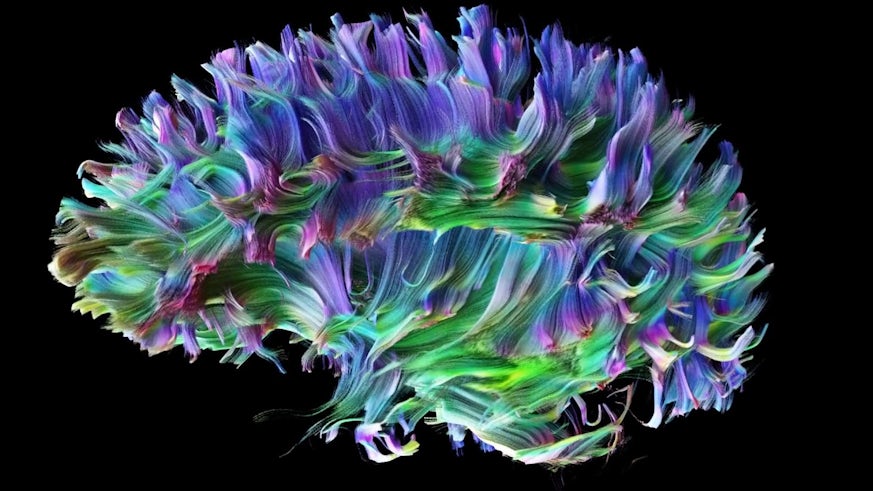New links between late-onset Alzheimer's disease and the immune system
18 January 2024

Researchers have revealed new links between Alzheimer’s disease and the blood-brain barrier, finding connections between variants of a gene called EphA1 and the disease.
Genome-wide association studies have linked variants of the EphA1 gene to Alzheimer’s disease and a specific genetic variant, P460L, is associated with an increased risk of late-onset Alzheimer’s disease.
Professor Ann Ager, Cardiff University’s School of Medicine, said: “The EphA1 gene is known to play a role in immune cell recruitment. We hypothesized that the P460L variant might disrupt EphA1 activity and influence inflammation in the brain, leading to an increased risk of developing Alzheimer’s.”
To investigate this, they used cellular models to study the activity of the P460L gene variant in T cells and blood-brain barrier endothelial cells.
Normally, EphA1 is involved in T cell immune response in the brain. They found that the P460L variant impacted T cell immune response in the brain.
Helen Owens, Cardiff University School of Medicine, said: “We discovered that the P460L variant disrupts the normal behaviour of EphA1 and impacts immune responses and blood vessels in the brain. Our study suggests that the P460L variant alters EphA1-dependent signalling which has implications for blood-brain barrier function in late-onset Alzheimer's disease.
“Future studies will focus on determining the role of the P460L variant in T cell biology to assess its impact on T cells and the blood-brain barrier. This work will help to inform whether targeting P460L activity has therapeutic potential for treating late-onset Alzheimer’s disease in the future.”
The paper, Alzheimer’s disease associated P460L variant of EphA1 dysregulates receptor activity and blood brain barrier function, was published in Alzheimer’s and Dementia.



